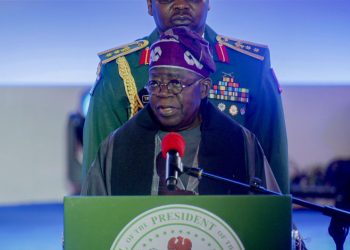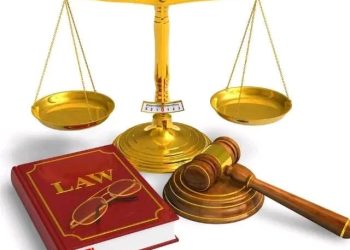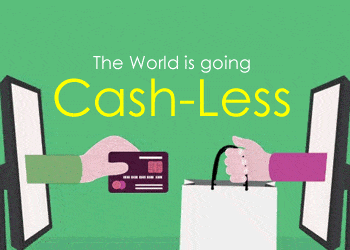Iran plans to hold another round of talks with United Nations (UN)’s nuclear watchdog in the coming days, Foreign Ministry spokesman Esmail Baghaei said in Tehran on Monday.
He did not say when exactly the meeting would take place, nor did he name a location.
Iran suspended cooperation with the International Atomic Energy Agency (IAEA) in July, accusing the organisation of failing to condemn Israeli and U.S. attacks on the country’s nuclear facility in the prior month.
Israel attacked Iran on June 13, bombing targets across the country in what the government said were pre-emptive strikes to prevent the Islamic Republic from building a nuclear bomb.
Iran, which has always insisted its controversial nuclear programme only serves civilian purposes, denies this and responded with missile and drone attacks on Israel.
After 12 days of war, during which the U.S. dropped its most powerful conventional weapons on key Iranian nuclear sites, a ceasefire is now in place.
Last week, IAEA deputy director Massimo Aparo travelled to Tehran for the first time since the end of the fighting, to discuss what future cooperation might look like.
However, Tehran refused to grant the IAEA access to its nuclear facilities after previously having expelled the body’s inspectors.
Prior to the Israeli attacks, Washington and Tehran had been negotiating on a new nuclear deal for some two months, but failed to come to an agreement before the war broke out.
Baghaei said no new negotiations have been planned with the U.S. so far, while Tehran is looking to continue talks with Germany, France and Britain, co-signatories of the 2015 Vienna nuclear deal.
Both sides last met in this format in Istanbul in July.
The Vienna agreement, which the U.S. exited unilaterally in 2018 during the first presidency of Donald Trump, was designed to restrict Iran’s nuclear programme in return for the lifting of sanctions.
The European signatories of the deal have until mid-October to apply to the UN Security Council for sanctions on Iran to be reintroduced, before the deal formally expires.
Their central demands of Tehran include renewed access for IAEA inspectors to the country’s nuclear facilities as well as information on the fate of some 400 kilograms of near-weapons-grade uranium.





























